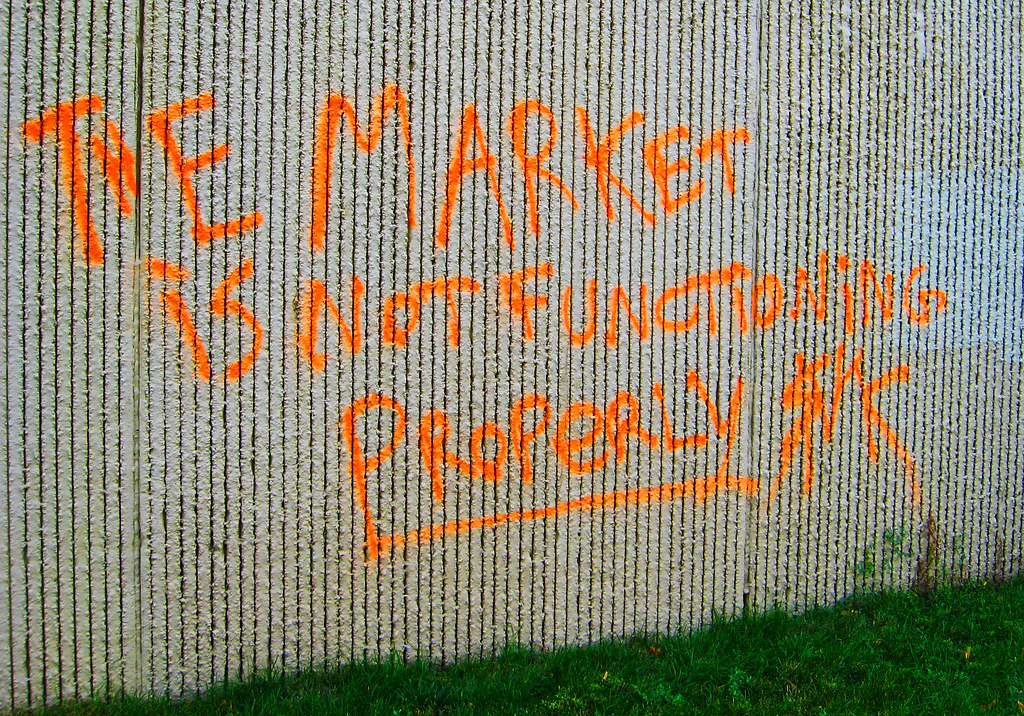Is It The End Of Our SUV Lifestyle?

I just finished reading Tom Sine’s recent book, “The New Conspirators: Creating The Future One Mustard Seed at a Time,” for a review in a Friends’ periodical. It’s a book I highly recommend for those of you involved in ministry currently, or are interested in getting into ministry (however that may look) at some later date, and are looking for compelling examples of faith. It is full of great testimonies of people living for the kingdom of God.
In his book, Sine discusses at length problems of wealth and the “democratization of luxury” in America; a shift necessary for consumerism to keep on the rise amidst a growing celebrity culture. This has led to what he calls our obsession with an “SUV lifestyle,” where bigger, better and more are the underlying motivations. This kind of lifestyle (and economy) based in consumption creates real problems for our well-being and faith-practices as a church:
…as we see growing pressure to spend more tie at word and more time consuming and producing media, we will have less time for other things, among the family, friends, church, prayer and scripture – and certainly less time to be involved in serving others (Sine 2008, 157).
This is a similar point that Michael Budde makes in his outstanding book, “The Magic Kingdom of God:” that the practices of our culture are quite often based in a counter-narrative to the Gospel. These “worldly” practices are powerful disciple-forming activities that most of us in the church are more influenced by than the practices of Jesus.
Reading the Times this morning, I couldn’t help but wonder if with the passing of yet another stimulus package marks the end of this lifestyle for many of us. We know the penchant: “Our economy is in crisis, we better buckle down and be responsible. Scrimp and save!” I won’t deny that this is indeed true or that we ought to do what’s suggested, but if Sine and others are right, with every crisis comes opportunity for the church to rethink its mission and respond to where God is at work.
I see this “crisis” as a chance for the church to start paying attention more to the pulse of those in our neighborhoods. Surely everyone in our pews is effected by this in one way or another. No longer are we just talking about helping the guy who is out on the corner everyday with a cardboard sign asking for money to help him get back home, now we’re talking about people losing their homes, and people who live right next door to our homes. We are all learning that treasures hoarded on earth do indeed rust.
Here is our opportunity to get serious about “breaking bread,” not just with those in greatest need among us, but with those who find themselves unexpectedly in deep want. Both need generosity, but one will break our archetype of “those in need.” May we, the church, regain the discipline of saying “no” to worldly treasures and practices, and again say “yes” to the practices of the kingdom. My hope is that instead of panic and fear, marks that characterize far too much of our church, we will live with an open-hand and be true sharers of all that we have with all who need; and show that God’s economy is based on giving rather than taking. For a church rooted in the divine economy, no bailout will be necessary.